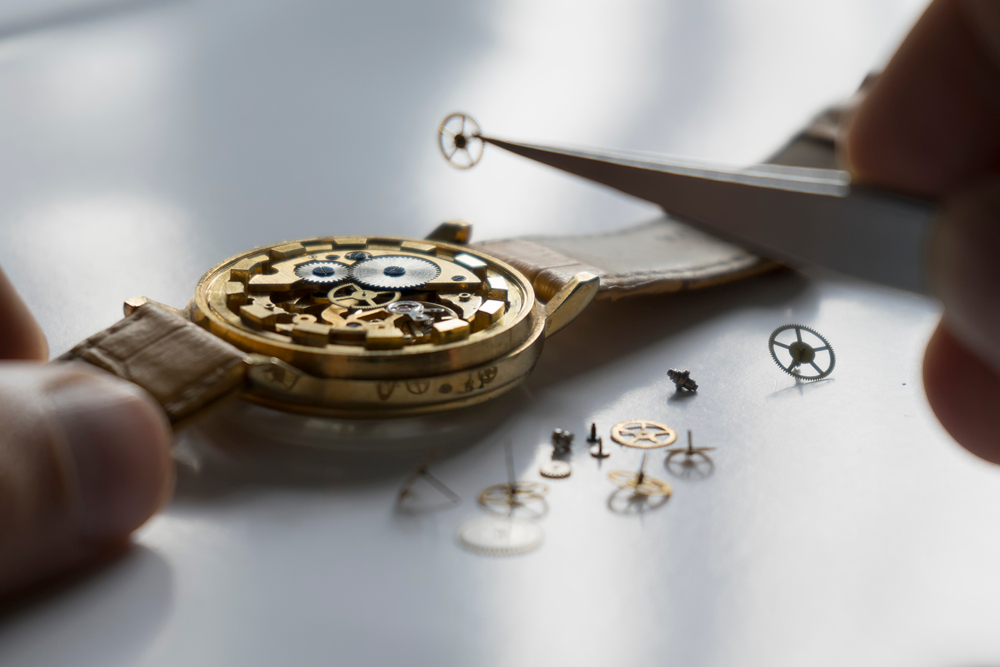On the subject of rarity, one of the criteria with the greatest impact on the cost of a luxury watch, it is now possible to acquire this precious accessory second-hand. On the David Watches website, for example, you can find sought-after editions of Rolex, Omega, Breitling and TAG Heuer.
Several French brands that have contributed to the history of watchmaking are also available, including Cartier, Breguet and Montblanc. You'll also find Longines and Baume & Mercier watches, two Swiss companies that benefited from French watchmaking know-how in the 17th century.
Is the second-hand market the next big step for an industry that has been adapting for over 8 centuries? See you in a few years' time to find out, and right now on this dedicated online boutique.
